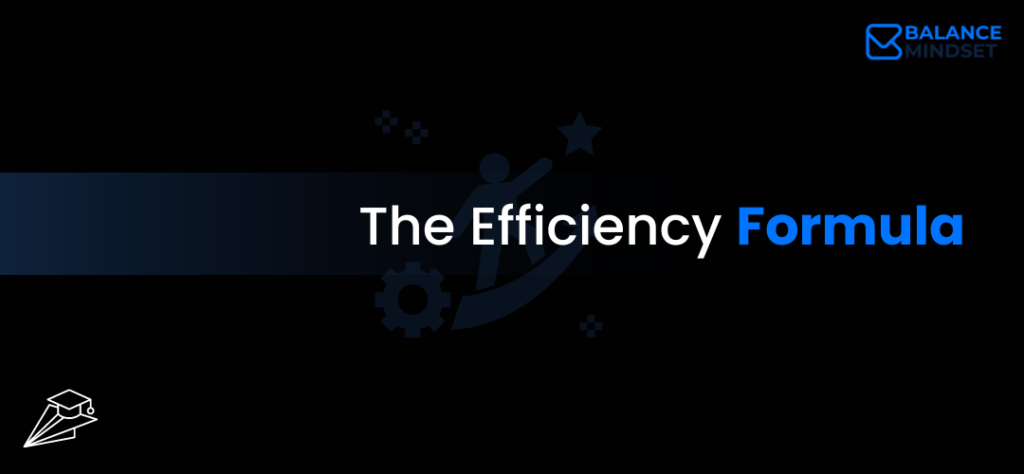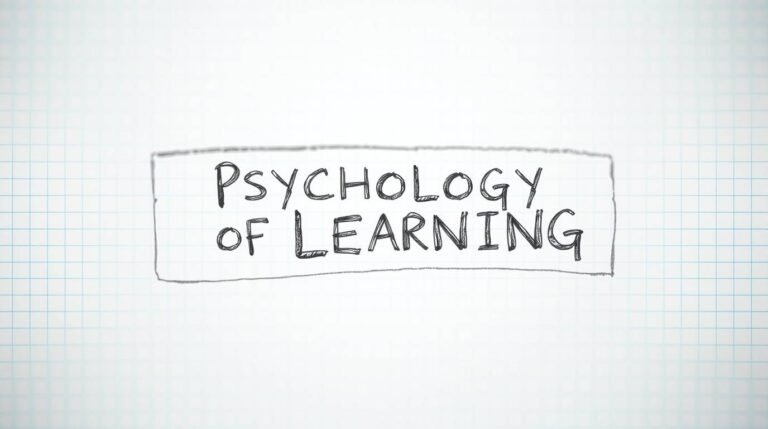Efficient studying can be amazing when done regularly. Often, people believe, “It’s very tough for a student to get a good grade when studying fewer hours; to maintain a good grade, it needs more hours of studying a day.” That’s not entirely true. The key to success lies not in the quantity of study time but in the quality and efficiency of that time.
The Rule of Efficient Learning
Efficient Learning = (Concentration X Time) / Distractions
Let’s explain this formula by focusing on time and concentration.
People Who Believe in “More Time Studying = Good Grades”
Example: Mr. A and Mr. B
- Mr. A: Studied for 8 hours today with 50% focus and no distractions (distractions factor = 1).
- Efficiency Calculation: 8 hours * 50% focus / 1 distraction factor = 4 effective hours.
- Mr. B: Studied for 8 hours with 80% focus and no distractions (distractions factor = 1).
- Efficiency Calculation: 8 hours * 80% focus / 1 distraction factor = 6.4 effective hours.
This example shows that higher focus significantly increases study efficiency. Even if two students study for the same amount of time, the one with greater concentration achieves more effective learning hours.
Breaking Down the Formula
- Concentration (C):
- High focus means absorbing and understanding the material better.
- Techniques to improve concentration include finding a quiet study space, using active learning methods, and taking regular breaks.
- Time (T):
- The actual hours you dedicate to studying.
- More time doesn’t always mean better results if the time isn’t used efficiently.
- Distractions (D):
- Anything that takes your focus away from studying (social media, noise, multitasking).
- Minimizing distractions can vastly improve study efficiency.
Applying the Formula to Efficient Studying
Let’s explore how this formula works in practice:
Example with Different Study Durations
- Student C: Studies for 3 hours with 90% concentration and minimal distractions (distractions factor = 1).
- Efficiency Calculation: 3 hours * 90% focus / 1 distraction factor = 2.7 effective hours.
- Student D: Studies for 6 hours with 50% concentration and some distractions (distractions factor = 1.5).
- Efficiency Calculation: 6 hours * 50% focus / 1.5 distraction factor = 2 effective hours.
Efficient studying isn’t about spending endless hours with your books. It’s about maximizing your focus and minimizing distractions to make the most of your study time. By studying 3 hours a day with high concentration and few distractions, you can achieve amazing results and maintain a balanced life.
Key takeaways:
- Efficient studying focuses on the quality of study sessions, not the quantity, making regular, focused study time highly effective.
- Concentration and minimizing distractions are crucial for maximizing study efficiency and achieving better academic results.
- Consistent, efficient study habits can lead to academic success without the need for excessive study hours, promoting a healthier study-life balance.




